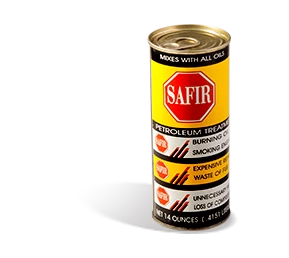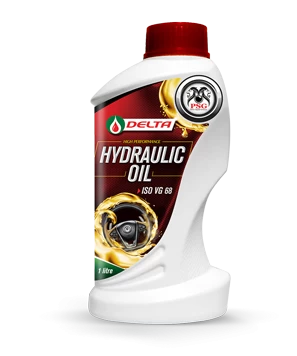Industrial oil
Industrial oil, also known as lubricating oil or industrial lubricants, is a specialized type of oil designed for use in various industrial applications. Its primary function is to reduce friction between moving parts in machinery, thereby preventing wear and tear, overheating, and corrosion.
One of the critical roles of industrial oil is in the field of machinery lubrication. It is used in a wide range of equipment, including engines, turbines, compressors, pumps, gears, and hydraulic systems. For example, in an engine, oil lubricates the moving parts such as pistons, crankshafts, and camshafts, ensuring they operate smoothly and efficiently. In hydraulic systems, oil transmits power and lubricates components such as pumps, valves, and cylinders.
Industrial oils are formulated using base oils, which can be mineral-based, synthetic, or a blend of both, along with various additives. These additives enhance the oil's performance by improving its viscosity, thermal stability, oxidation resistance, and ability to withstand extreme pressures and temperatures.
Different types of industrial oils are tailored to specific applications and operating conditions. For example:
- Hydraulic oils are designed for use in hydraulic systems to transmit power and lubricate components.
- Gear oils are formulated to withstand the high pressures and temperatures found in gearboxes and other gear systems.
- Compressor oils are used in air compressors to lubricate and cool the moving parts.
- Turbine oils are used in turbines to provide lubrication and cooling under high-speed and high-temperature conditions.
Quality control is essential in the production of industrial oils to ensure they meet industry standards and specifications. Oils undergo rigorous testing for parameters such as viscosity, acidity, moisture content, and impurities to ensure optimal performance and compatibility with machinery.
Overall, industrial oils are indispensable in modern industrial processes, helping to improve efficiency, prolong equipment lifespan, and reduce maintenance costs.
Industrial oils are primarily derived from petrochemical sources, which means they are synthesized from petroleum or crude oil. Petrochemicals serve as the base materials for producing various types of lubricating oils used in industrial applications.
However, it's essential to note that industrial oils undergo significant processing and refinement before they are ready for use. During this refining process, crude oil is separated into different fractions through distillation, and then further processed to obtain the desired properties for specific applications. Additionally, additives are incorporated into the base oil to enhance its performance and tailor it to meet the requirements of different machinery and operating conditions.
While petrochemicals are the primary source of industrial oils, there are also synthetic alternatives available. Synthetic oils are manufactured using chemically engineered base stocks rather than being derived directly from crude oil. Synthetic oils offer advantages such as higher purity, better thermal stability, and improved performance in extreme conditions. However, they are generally more expensive than mineral-based oils derived from petrochemical sources.

Industrial oils have a wide range of uses across various industrial sectors, thanks to their lubricating, cooling, and protective properties. Some common applications include:
1. Machinery lubrication: Industrial oils are used to lubricate moving parts in machinery such as engines, turbines, compressors, pumps, gears, and bearings. Proper lubrication helps reduce friction, wear, and heat generation, thereby extending equipment lifespan and improving efficiency.
2. Hydraulic systems: Hydraulic oils are essential for transmitting power in hydraulic systems used in manufacturing, construction, agriculture, and transportation equipment. These oils lubricate components such as pumps, valves, cylinders, and actuators while also providing pressure transfer and heat dissipation.
3. Gearboxes and transmissions: Gear oils are used to lubricate gears, bearings, and other components in gearboxes, transmissions, and differential systems. They help reduce friction, wear, and noise, ensuring smooth operation and preventing premature failure.
4. Compressors: Compressor oils are utilized in air compressors to lubricate and cool the moving parts, such as pistons, cylinders, and valves. These oils help maintain optimal performance and reliability in various compressed air applications, including manufacturing, automotive, and aerospace industries.
5. Turbines and generators: Turbine oils are specifically formulated to lubricate and cool the bearings and gears in turbines and generators used in power plants, refineries, and other industrial facilities. They provide excellent oxidation resistance and thermal stability to withstand high-speed and high-temperature conditions.
6. Metalworking and machining: Cutting oils and metalworking fluids are used in machining operations such as milling, drilling, turning, and grinding to lubricate cutting tools, remove heat, and flush away metal chips. These fluids improve cutting efficiency, surface finish, and tool life while also preventing corrosion and extending tool lifespan.
7. Heat transfer systems: Heat transfer oils are employed in thermal fluid systems to transfer heat between processes or equipment. These oils offer high thermal stability and resistance to oxidation and thermal degradation, ensuring efficient heat transfer and consistent temperature control.
Overall, industrial oils play a vital role in ensuring the smooth operation, longevity, and reliability of machinery and equipment across various industrial sectors, contributing to increased productivity and reduced maintenance costs.
Industrial oils are exported through various channels and logistics methods, depending on factors such as volume, destination, and transportation infrastructure. Here are some common ways industrial oils are exported:
1. Bulk shipping: For large quantities of industrial oils, bulk shipping via tankers or containers is often used. Tanker ships transport liquids in large quantities, while containers can accommodate smaller volumes. This method is efficient for long-distance transportation, especially for destinations with well-established port facilities.
2. Drum and barrel shipments:Industrial oils are often packed in drums or barrels for ease of handling and transportation. These containers typically range in size from 55-gallon drums to smaller barrels. They can be loaded onto shipping containers, trucks, or cargo planes for export to various destinations.
3. Intermediate bulk containers (IBCs): Intermediate bulk containers, also known as IBC totes, are large containers designed for transporting and storing liquids. They offer a convenient and cost-effective solution for shipping moderate volumes of industrial oils. IBCs can be loaded onto trucks or shipping containers and are often used for international shipments.
4. Flexitanks:Flexitanks are flexible containers used for transporting liquids in standard shipping containers. They provide a flexible and economical alternative to traditional tankers, especially for non-hazardous liquids like many industrial oils. Flexitanks can be filled, transported, and then emptied at the destination, simplifying logistics and reducing costs.
5. Pipeline transportation: In some cases, industrial oils may be transported via pipelines, especially for domestic or regional distribution. Pipelines offer a continuous and efficient means of transportation, particularly for large volumes of oil over long distances. However, this method is less common for international exports due to infrastructure limitations and regulatory requirements.
6. Air freight: For urgent or high-value shipments, air freight can be used to transport industrial oils quickly to international destinations. While air freight is more expensive than ocean or road transport, it offers rapid delivery and can be essential for meeting tight deadlines or responding to unforeseen supply chain disruptions.

Exporting industrial oils involves compliance with international trade regulations, including customs clearance, documentation, and packaging requirements. Exporters typically work with freight forwarders, shipping companies, and logistics providers to ensure smooth and efficient transportation of their products to customers worldwide.
- Hydraulic oils are designed for use in hydraulic systems to transmit power and lubricate components.
- Gear oils are formulated to withstand the high pressures and temperatures found in gearboxes and other gear systems.
- Compressor oils are used in air compressors to lubricate and cool the moving parts.
- Turbine oils are used in turbines to provide lubrication and cooling under high-speed and high-temperature conditions.

Industrial oils have a wide range of uses across various industrial sectors, thanks to their lubricating, cooling, and protective properties. Some common applications include:

FAQs
What are the key factors to consider when selecting the right industrial oil for a specific machinery application?
Viscosity, operating temperature, compatibility with materials, and required additives.
How does the composition of industrial oils differ from one application to another, such as hydraulic systems versus gearboxes?
The composition varies based on factors like viscosity, additives, and base oil type, tailored to meet specific performance demands of each application.
What role do additives play in enhancing the performance and longevity of industrial oils?
Additives improve properties like viscosity, oxidation resistance, and anti-wear capabilities, extending oil lifespan and enhancing performance.
How do environmental factors, such as temperature and operating conditions, influence the choice and effectiveness of industrial oils?
Temperature affects viscosity and oil stability, while operating conditions dictate requirements like oxidation resistance and anti-corrosion properties, impacting oil effectiveness.
 +7929688-88-14
+7929688-88-14

 English
English
 Persian
Persian
 Russian
Russian
 Chinese
Chinese


 +7929688-88-14
+7929688-88-14




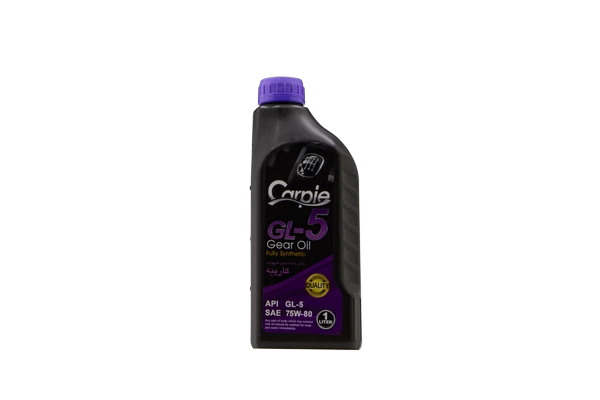
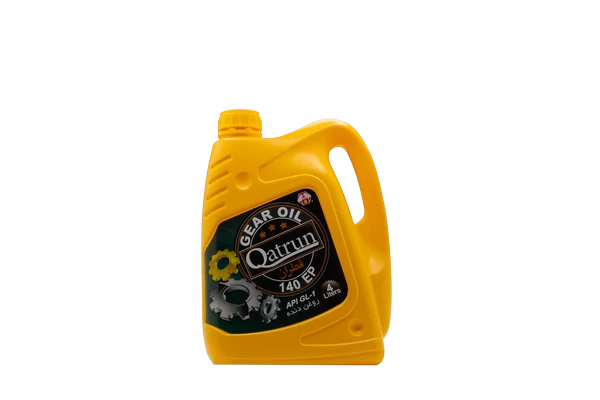
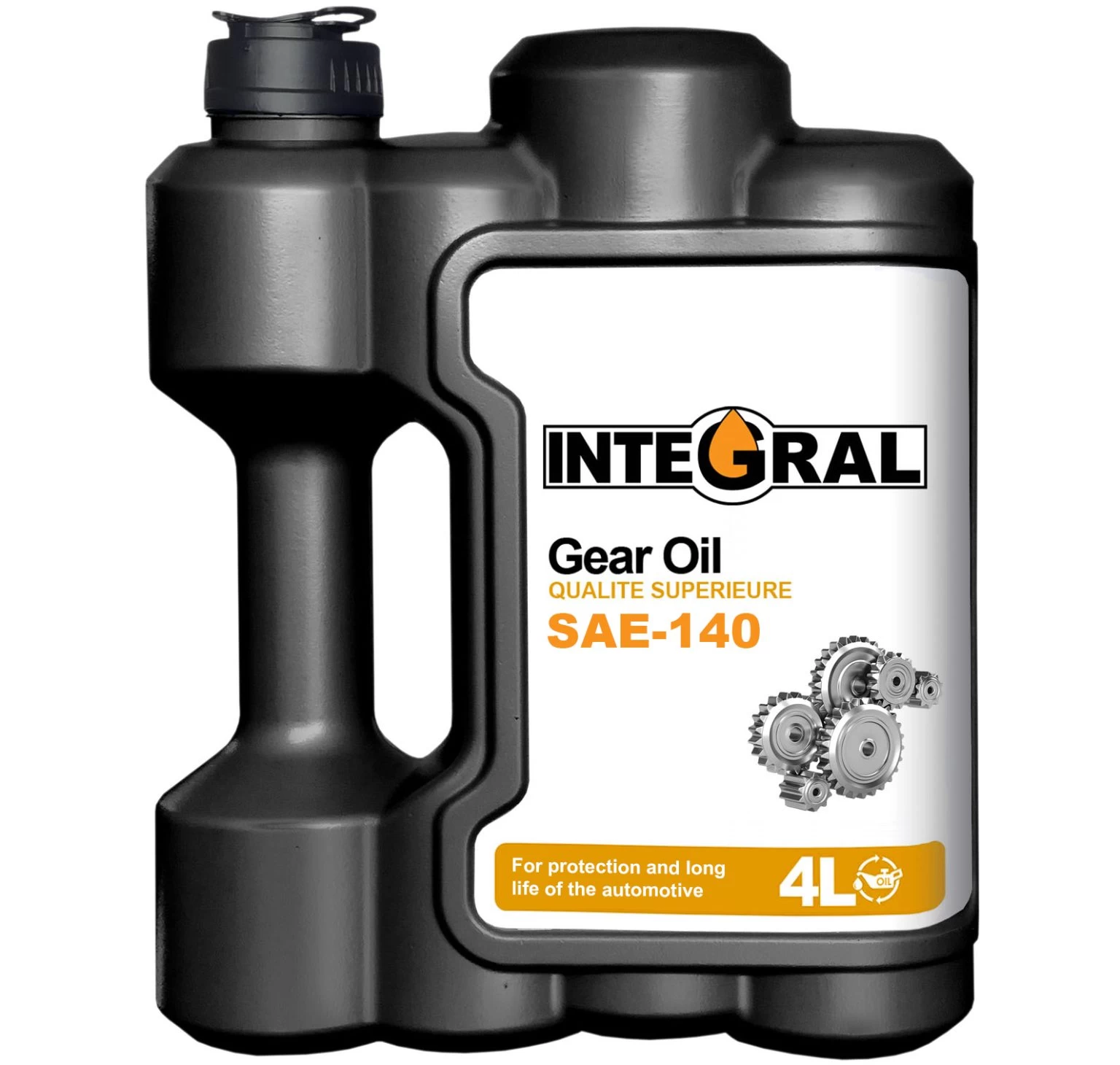
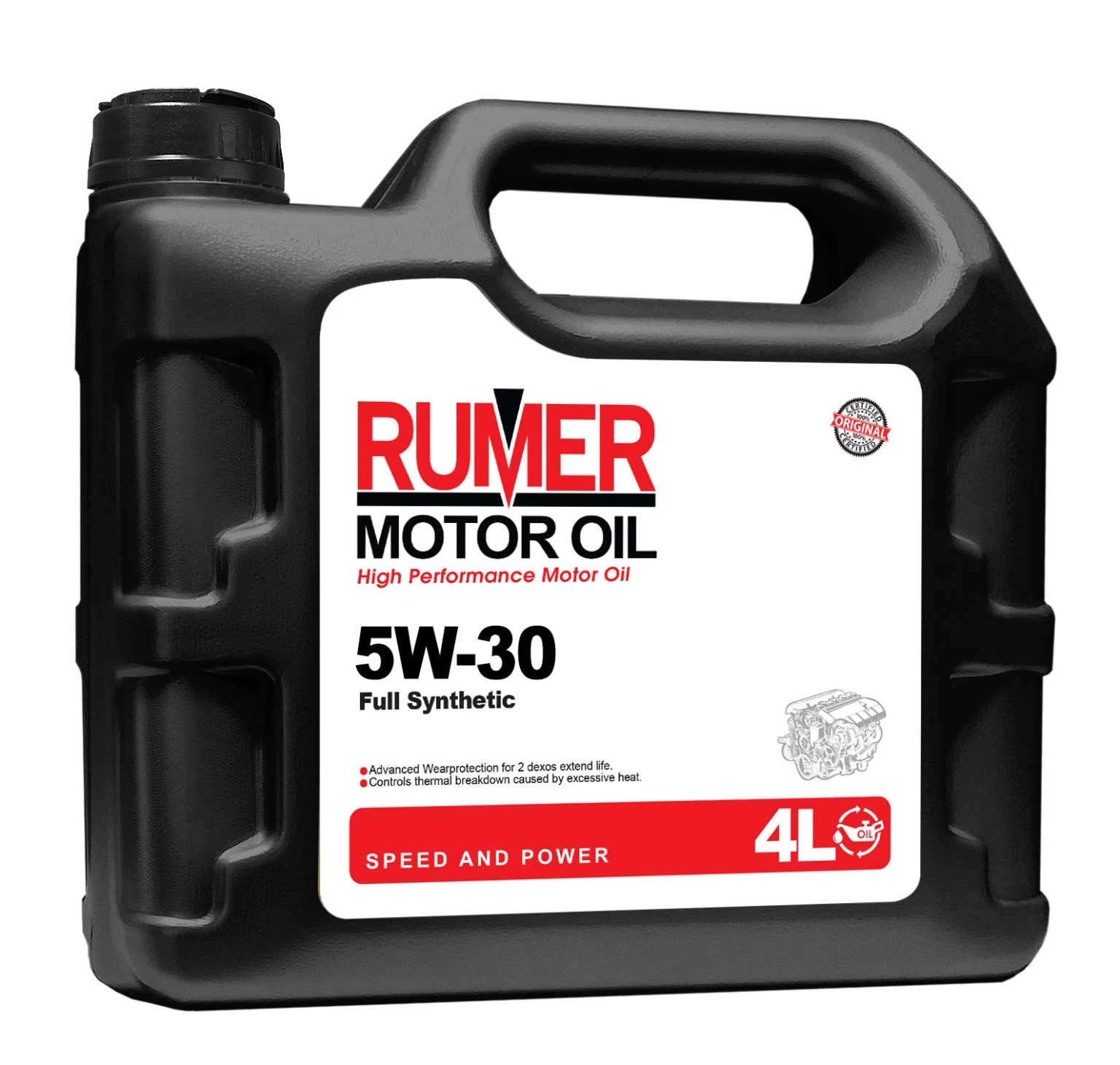
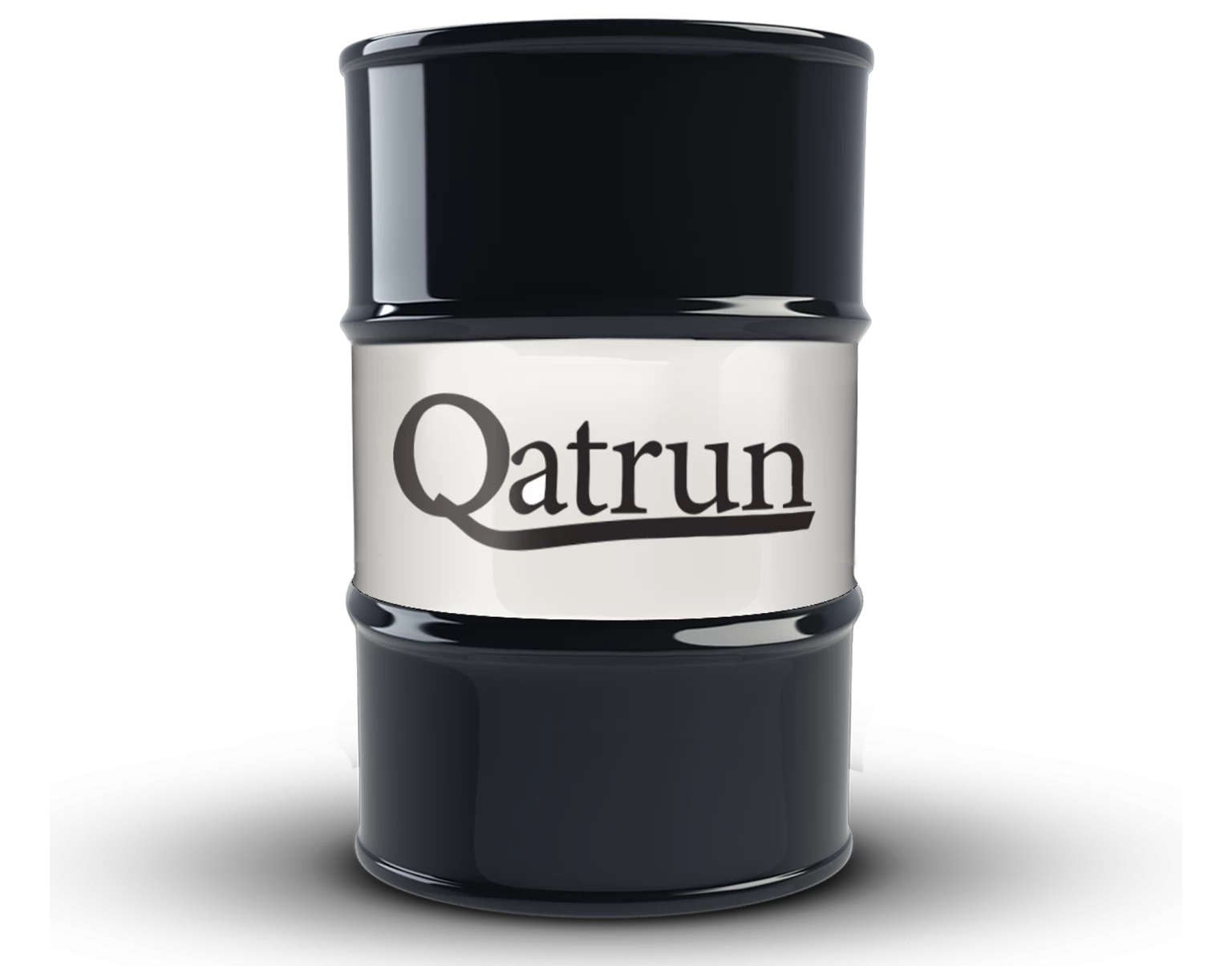
.webp)

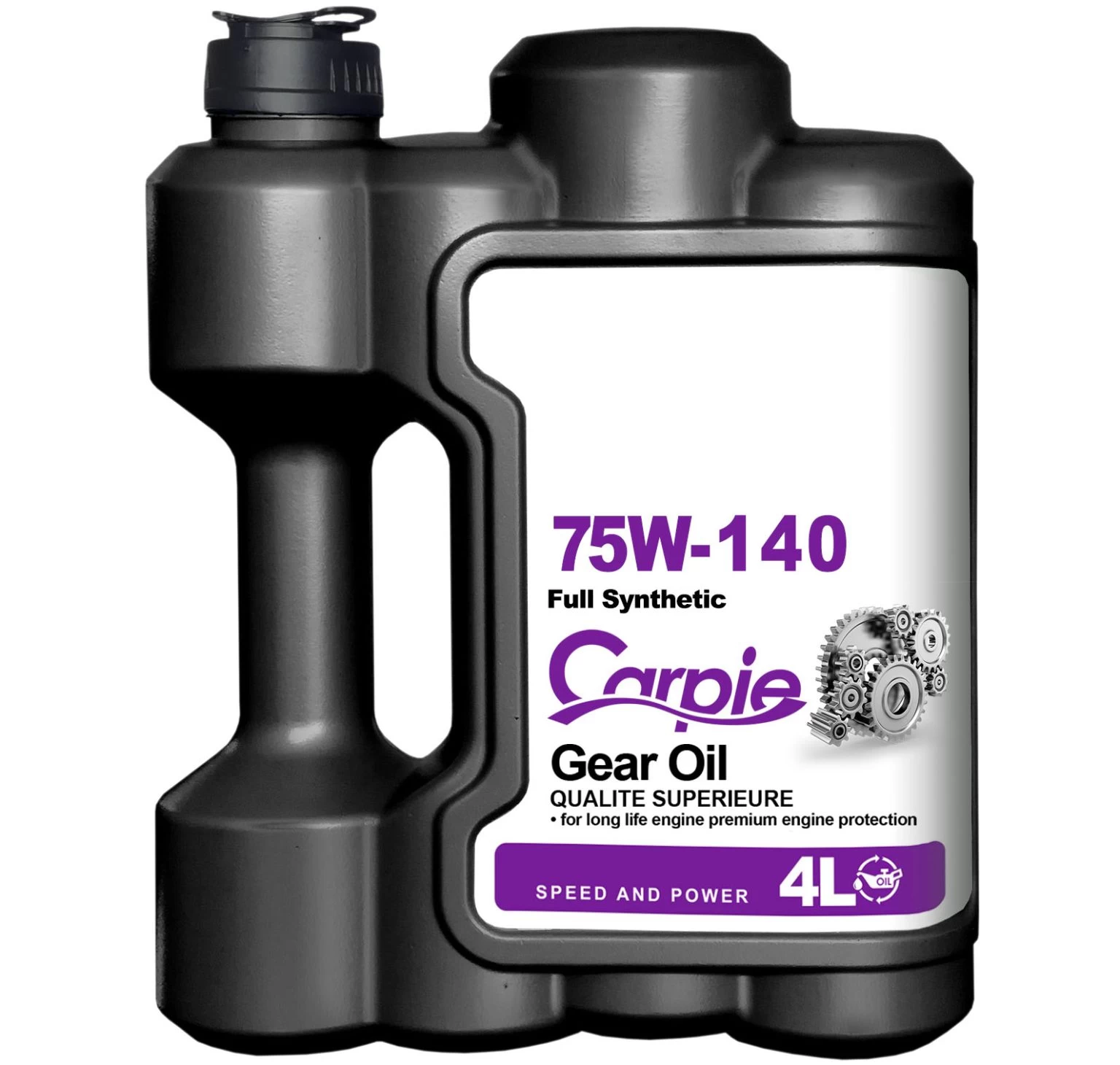
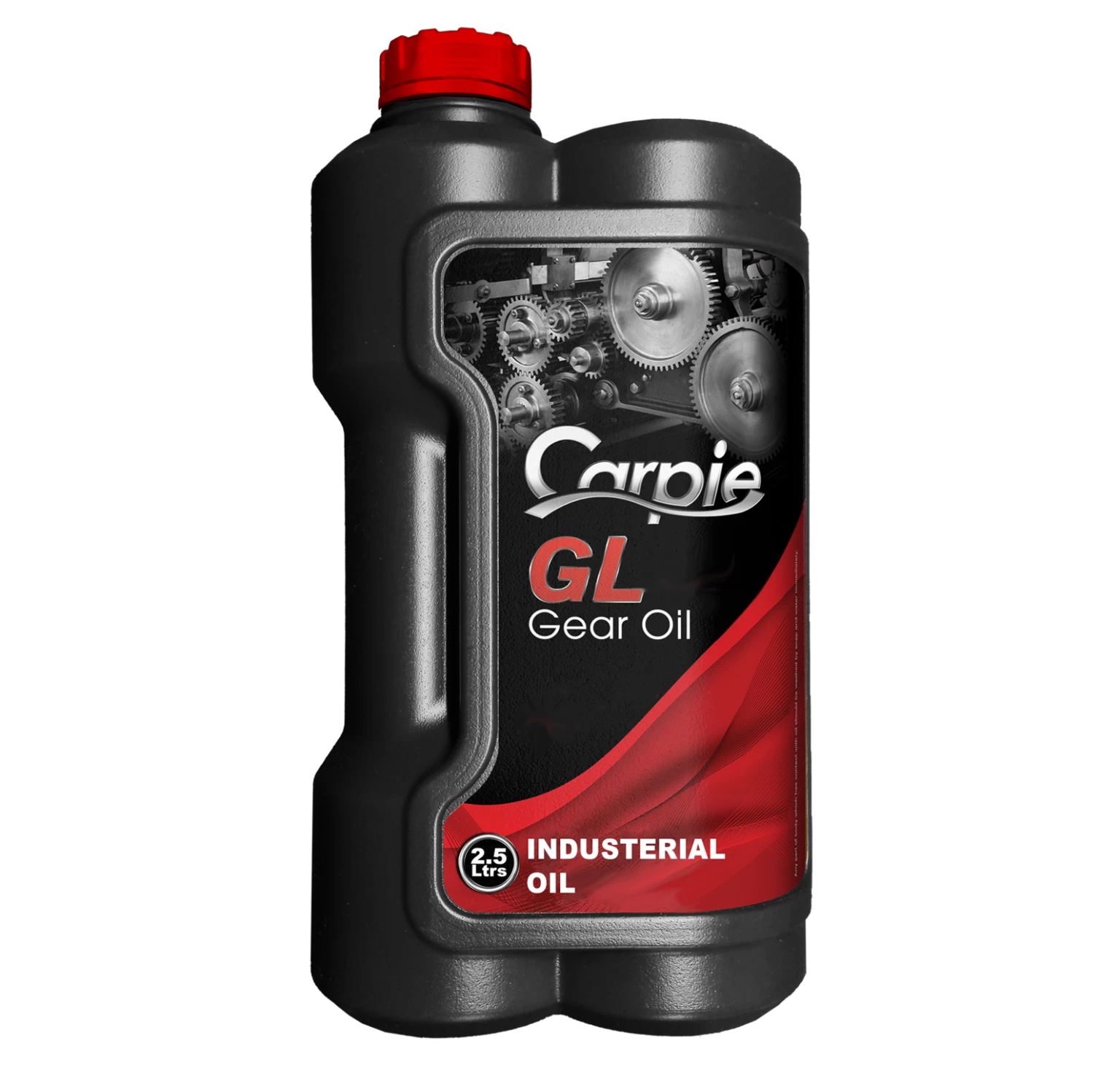

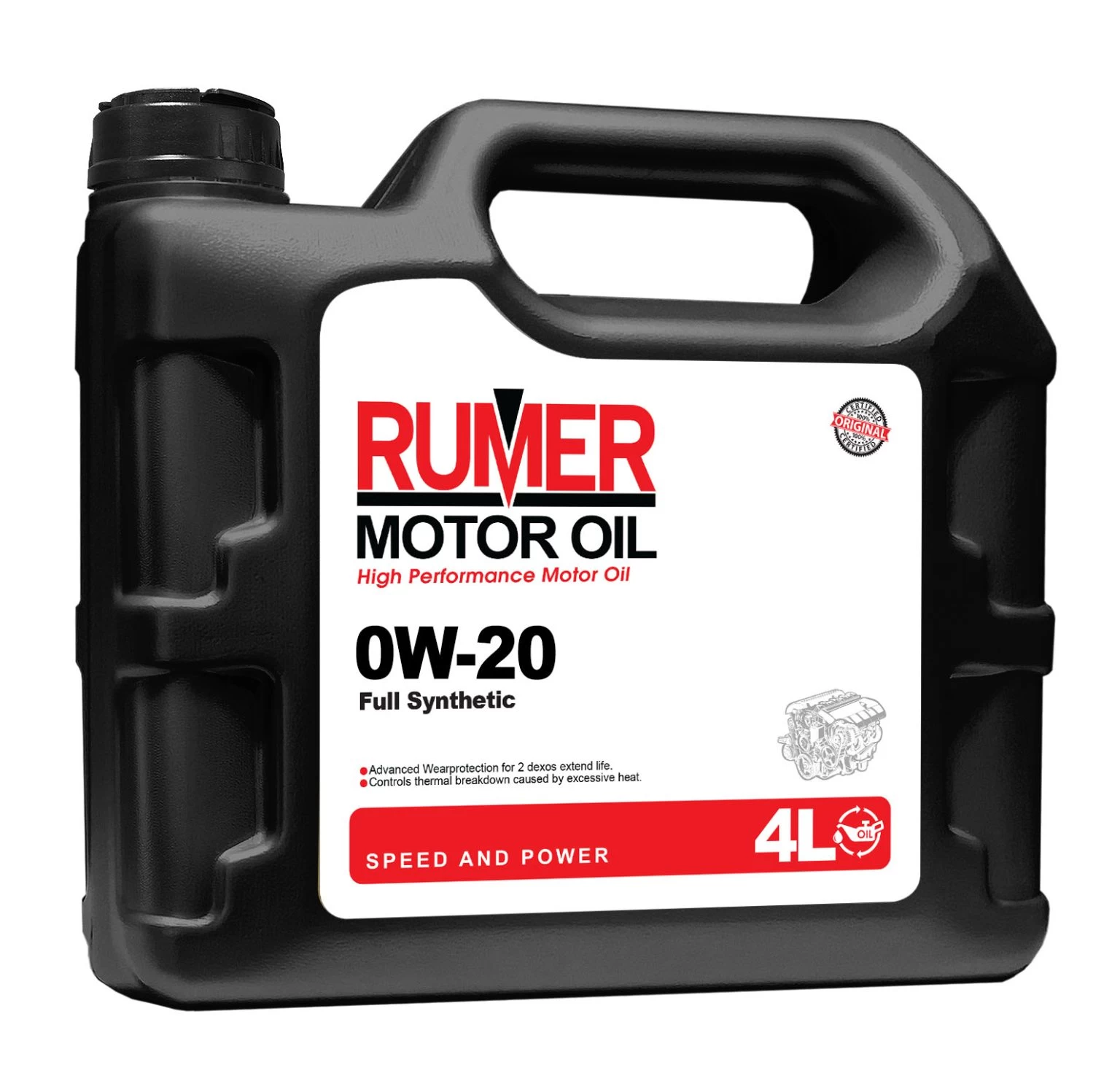
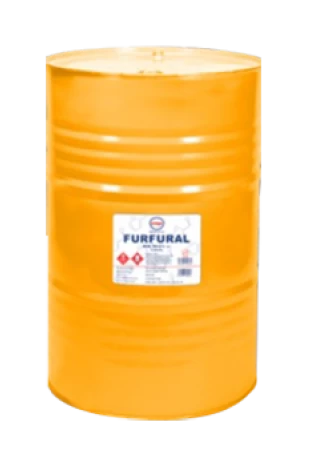
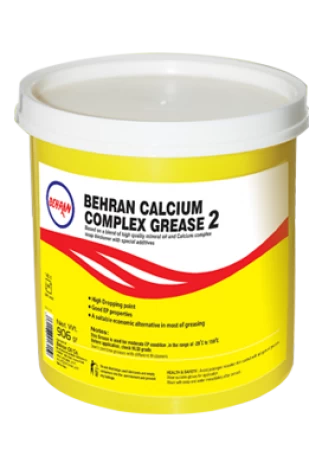

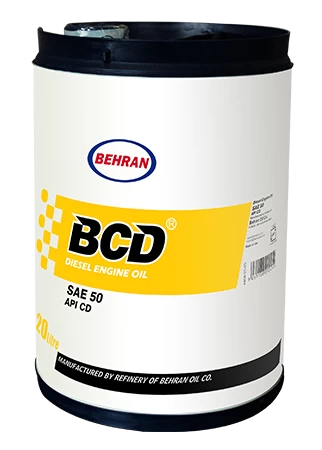
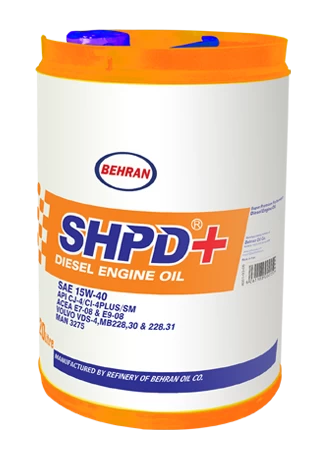
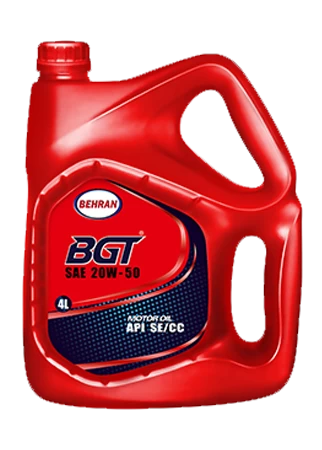
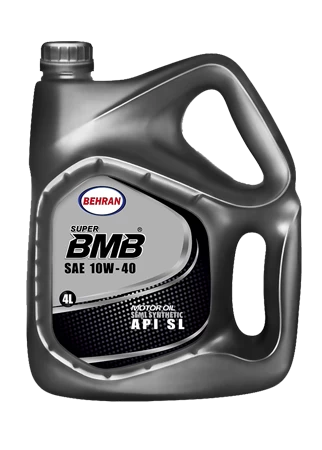
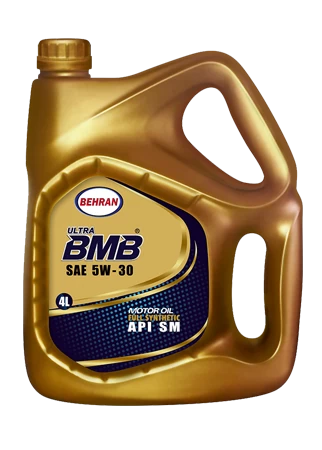

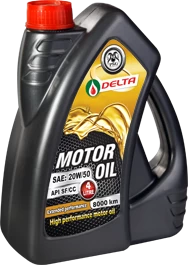
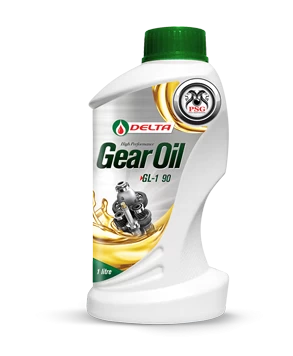

.webp)
